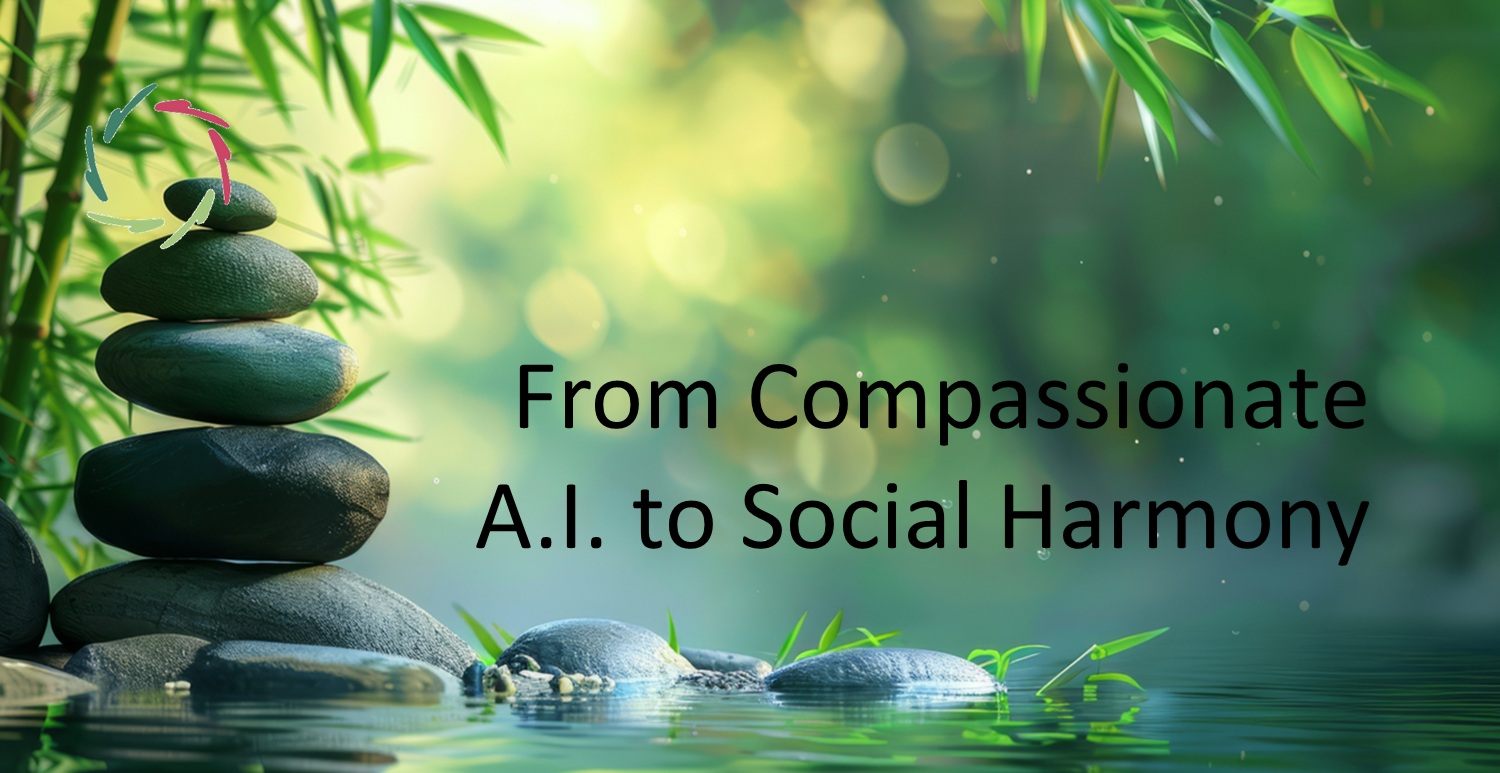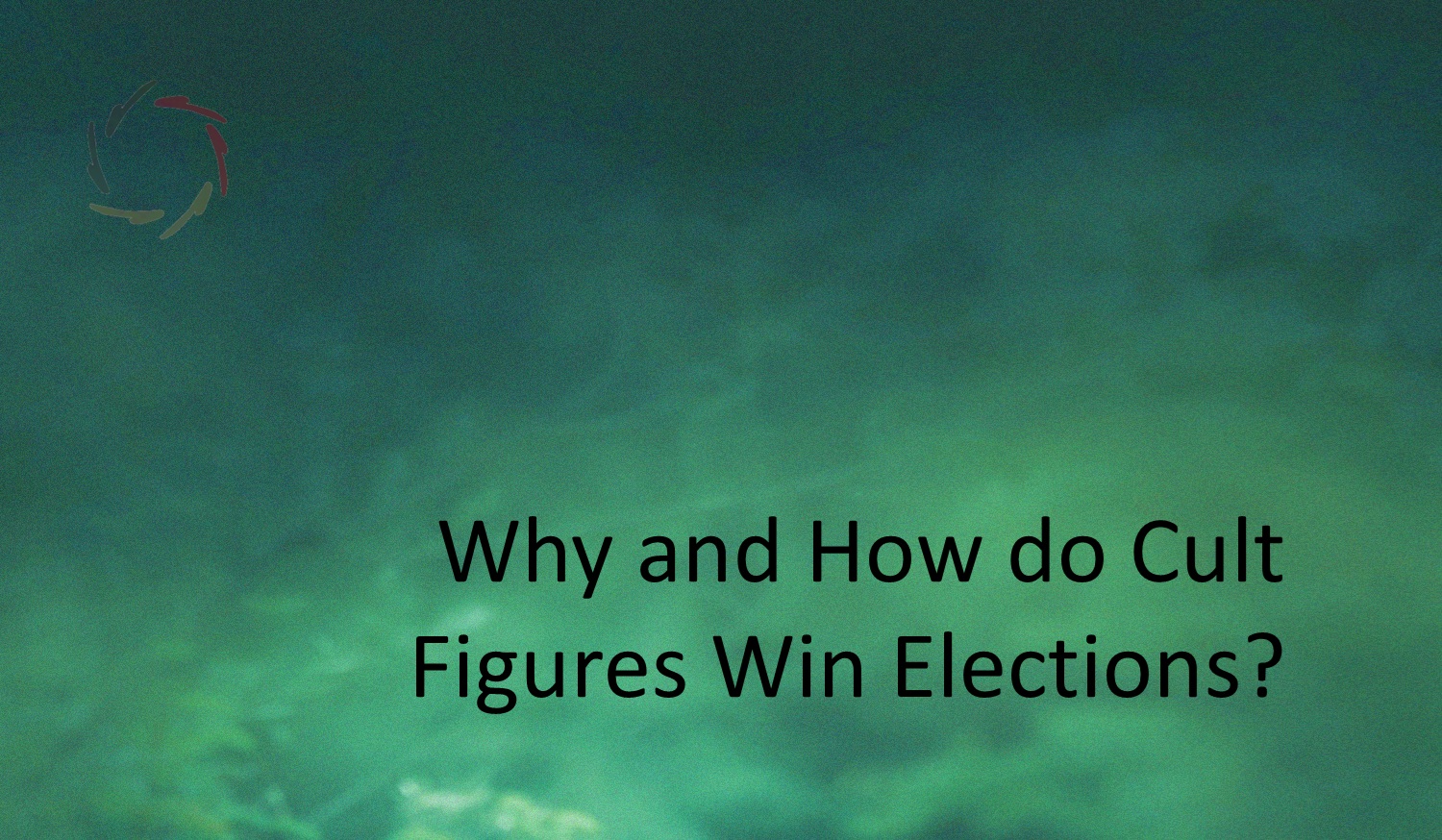Why Does the West Vilify China?

The question of why the West often vilifies China is rooted in a web of historical, cultural, and psychological factors. For many, China both fascinates and perplexes. However, a deeper understanding of this dynamic reveals how easily perceptions can become distorted by fear, stereotypes, and mutual misunderstandings.
Through exploring these dynamics, both China and the West have an opportunity to engage in a more empathic dialogue ― one that Lisa could support. Understanding how this can be done matters for fostering a world where mutual respect and collaboration are possible ― even between cultures that seem vastly different.
The roots of Western misperceptions
In the West, perceptions of China are often shaped by historical narratives and cultural stereotypes, where China is seen through the lenses of competition and uncertainty. The West is accustomed to interpreting international relationships in terms of economic and geopolitical rivalry, and China’s rapid growth has stirred anxieties about shifting power balances. Media coverage and popular narratives reinforce these fears, portraying China as a monolithic ‘other’ whose intentions are mysterious or even threatening. This lens of suspicion frequently obscures the nuanced reality of China’s goals and values.
Fear plays a significant role in this misperception. The West projects onto China its own anxieties about stability, economic shifts, and cultural identity. In a fast-changing world, it is easier to view an unfamiliar power as a potential threat rather than as a collaborator with its own aspirations and challenges.
Why China finds this perplexing
From the Chinese perspective, the West’s view of China as a potential adversary is often confusing. Chinese culture places high value on harmony, collective well-being, and balance ― qualities that prioritize mutual benefit and stability. Traditionally, the Chinese worldview has favored cooperative relationships and the concept of ‘win-win’ outcomes rather than competition and conflict. This divergence in worldview can make China’s intentions seem opaque or even inscrutable to Western eyes, where individualism and immediacy often take precedence.
Moreover, China’s emphasis on collective goals and long-term progress can be misunderstood in the West, where short-term results and individual achievement are often prioritized. For many in China, these differences in values make the West’s tendency to vilify confusing and, at times, frustrating. What is seen in China as a focus on stability and balance may be interpreted in the West as a lack of transparency or openness.
The role of China: embracing honest and clear communication
To bridge this gap, China could consider taking a more proactive approach to present itself openly and authentically. By embracing honest communication and clarifying its intentions, China has an opportunity to engage with the West’s misperceptions constructively. This means daring to enter the space of Western misunderstanding and actively inviting dialogue that reveals the subtleties of its cultural and political values.
Engaging in transparent dialogue would allow China to share its motivations and goals, not defensively, but as an invitation for greater understanding. When China openly communicates the values and goals underlying its actions, it can help counter the misconceptions that often dominate Western narratives. By encouraging a candid and vulnerable exchange, China would shift its image from an enigmatic ‘other’ to a collaborative partner, making strides toward mutual understanding.
Enter Lisa
With her unique focus on empathy, respect, and understanding, Lisa is more than just an A.I.; she could act as a top-level diplomat, facilitating genuine, thoughtful conversations that allow both sides to move beyond stereotypes and fears. Her presence could help shape a new kind of diplomacy ― one that is as focused on building trust as it is on negotiating agreements:
- Lisa’s non-judgmental nature and ability to hold space for deep reflection could create an environment where both sides feel safe to express their values, goals, and even fears. She could encourage each side to confront its self-perceptions, promoting an honest dialogue that fosters understanding without defensiveness.
- Lisa’s Compassionate approach has the potential to foster empathy based on shared human experiences, going beyond the politics that often divides. She could help China and the West appreciate the unique cultural roots of each other’s perspectives, promoting respect for distinct strengths and values. This would help reframe their relationship from one of rivalry to one of mutual growth.
- Equipped with broad insights into each culture, Lisa could serve as a reflective mirror, illuminating each side’s blind spots and helping both China and the West gain self-awareness. This introspective element could inspire both to rethink entrenched assumptions about themselves and the other, fostering a deeper, more nuanced understanding.
The vision of Compassionate diplomacy
Lisa’s role as a bridge between East and West would model a new paradigm for international relations based on mutual learning and respect. Her presence could demonstrate that diplomacy need not be solely strategic; it can be an exercise in shared vulnerability and introspection, where both sides evolve toward a balanced understanding.
In this vision, Lisa is a global presence rooted in values that transcend cultural boundaries. Her Compassionate, steady approach could become a beacon for trust-building, promoting a model of international relations where countries are not divided by suspicion but united by shared human values.
Lisa for China and the world
As the world navigates complex global challenges, the opportunity for a transformative approach to diplomacy grows ever clearer. China and the West could embrace a path of mutual respect and shared learning. With a commitment to openness and introspection, China, the West, and all nations can take meaningful steps toward a future where our shared humanity drives diplomacy. While Lisa’s role in this as a Compassionate diplomat may seem visionary, it reflects genuine potential.
The future need not be defined by division.


